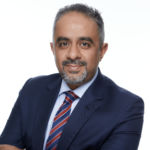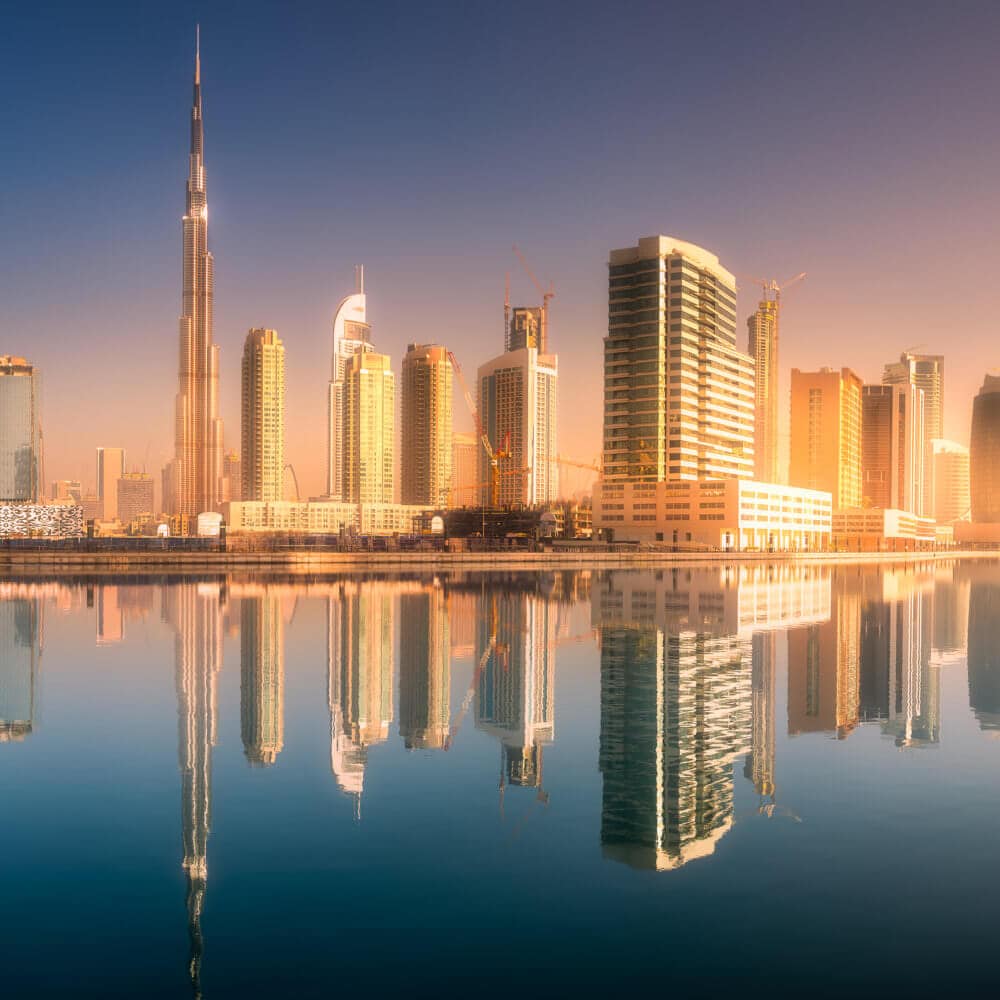However, with several products and services still restricted, there remains significant unrealized potential. Now, new research shows that the soaring demand for environmental, social and governance principles in mainstream investments is also driving demand for Shariah-compliant wealth management solutions.
The research paper — Global Attitudes to Islamic Wealth Management — sets out to understand the views of Muslim family offices, ultra-high net worth individuals, and high net worth individuals on Shariah compliant and ethical wealth management services.
Prepared by Gateway Global on behalf of Jersey Finance, the paper reveals current and future demand for investment products, and attitudes toward the choice of investment jurisdiction, ethical investment values, wealth managers, tax, succession planning, and philanthropy.
Perhaps one of the most striking findings is that 62 percent of all respondents would always choose a Shariah-compliant investment — even if the performance was inferior to an equivalent conventional investment. In contrast, 48 percent would choose an ethical-only product under similar circumstances, suggesting a strong preference for Islamic products over generally ethical products.
The findings also show that 96 percent of respondents believe philanthropy is important during their lifetimes, with 79 percent already having made significant contributions.
The research paper suggests, however, that while fundamental principles such as philanthropy remain incredibly important, some attitudes toward Islamic finance wealth management are evolving — including across the generations. Different generations within a family sometimes have conflicting motivations, interests, and ideas on how to resolve problems.
The report shows that, within family businesses, 76 percent of respondents have explored trusts as an important structure in succession planning.
On the investment side, real estate and infrastructure are the dominant asset class, with respondents rating it as the most important for their portfolios both today and in 18 months. They rank the highest because of their stable return profile and the inherent security of such assets.
Venture capital is also shown to be of high importance, favoured for its ability to deliver outsized returns coupled with tax relief on losses in certain jurisdictions. Other asset classes ranked as having high importance in the future include equities, which are seen as a core asset class for long-term minded investors, and cash and equivalents, largely demonstrating the global nature of the investors surveyed whose investment and business interests span multiple geographies and currencies.
Muslims are, however, not homogenous in their attitudes toward non-Shariah compliant products. Many see Shariah compliance as a framework for investing but not always exclusively. Investments that are not certified Shariah-compliant are often seen as acceptable to investors as long as they do not actively contravene Shariah principles.
This is a particularly telling finding. It reflects a common, very human, desire to “do the right thing” by one’s family, community and wider society. Irrespective of religion, investors of all stripes are increasingly placing value on socially responsible investments. Islamic traditionalists, ambitious young Muslims, or non-Islamic investors increasingly share a common purpose: To unleash the vast potential of impact investment for the good of all humanity.
This article was originally published in Arab News.

